
Foreign Relations Committee should demand Farmajo and Khaire account for the $18 million before Somalia receives any more assistance
Secretary of State Hillary Clinton said in a January 2010 speech that "development was once the province of humanitarians, charities, and governments looking to gain allies in global struggles. Today it is a strategic, economic, and moral imperative — as central to advancing American interests and solving global problems as diplomacy and defense." President Trump has been more dubious about the utility of foreign aid but has nonetheless allowed much of it to continue.
The international donor community has become its own lobby. Often, diplomats and donors believe the benefits of humanitarian assistance trump its drawbacks (although a new book by my colleague challenges that assumption). Corruption is often downplayed or ignored. To World Bank employees, for example, Paul Wolfowitz’s greatest sin during his short tenure at the helm was to prioritize anti-corruption accountability.
Somalia may provide a test case for Trump, Secretary of State Mike Pompeo, and their seriousness to reform foreign assistance. The Horn of Africa country received more than $50 billion in aid between 1991 and 2011 and hundreds of millions of dollars annually in U.S. aid ever since. U.S. Ambassador to Somalia Donald Yamamoto has promised to increase that amount.
Reports have now emerged that $18 million in aid from the European Union, Saudi Arabia, and the United Nations have disappeared. The government received the funding, but it did not pass through the Treasury’s account at the Central Bank. $18 million might be a pittance compared to the total aid Somalia receives, nor is it the only money that has disappeared. Transparency International has listed Somalia as the world’s most corrupt country for 16 years running. But, that $18 million could be a useful test for Prime Minister Hassan Khaire as he comes to Washington to ask for even more aid from the World Bank and International Monetary Fund.
Pompeo and every senator on the Senate Foreign Relations Committee should demand that President Mohamed Farmajo and Khaire account for the $18 million before Somalia receives any more assistance. There was a chain of custody for that money, and it should not be difficult to determine through whom it last passed and who along its path lives above their means.
To suspend international assistance until Farmajo and Khaire can account for the missing money would signal accountability. An aid suspension might also enhance security, especially as corruption is one of the leading catalysts for violence in Somalia. In contrast, to enable assistance to move forward despite apparent embezzlement sends the signal that the World Bank, IMF, and the United States are not serious about the need for Somalia to reform.
Somalia’s endemic corruption also undermines the strategy of Yamamoto and international organizations the U.S. influences to channel money through Mogadishu to enable Somalia’s government to build patronage. That theory was questionable from the start and suggests tremendous ignorance of Somali history, but turning a blind eye to corruption undercuts whatever potential success the Mogadishu-first strategy might otherwise have had.
Hillary Clinton was correct that foreign assistance can bolster American interests, but Trump is right that too often in the past it was granted without clear reasons and accountability. The State Department and international organizations are content to conduct business as usual. The questions now are these. Is Trump serious about his desire to restore accountability and tie American interests to money granted directly by U.S. agencies or indirectly through international organizations? Second, do Khaire and Farmajo believe Somali government appointments are meant to rebuild the country or simply to enrich their appointees?
Michael Rubin (@Mrubin1971) is a contributor to the Washington Examiner's Beltway Confidential blog. He is a resident scholar at the American Enterprise Institute and a former Pentagon official.

 0
0 
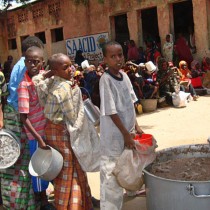


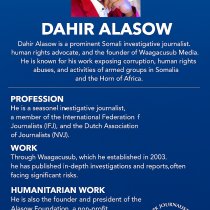

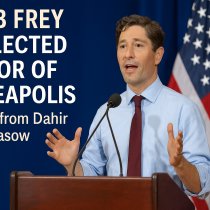
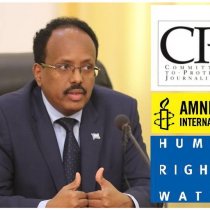
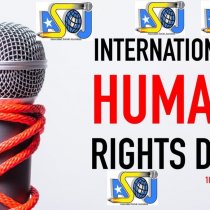
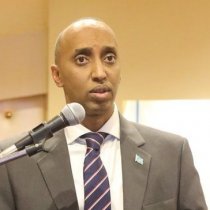
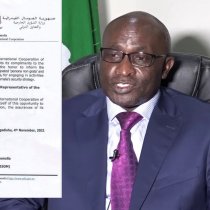
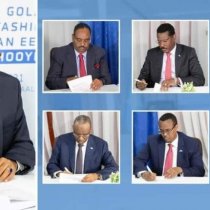
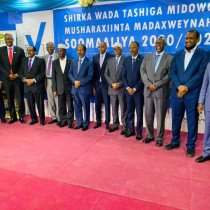
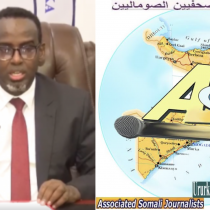
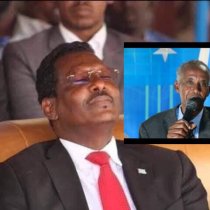

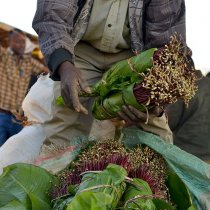
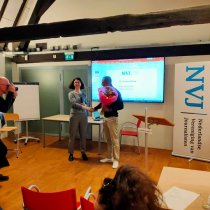






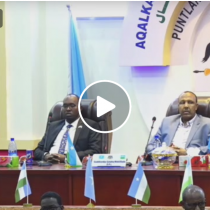
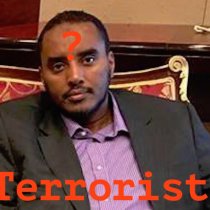
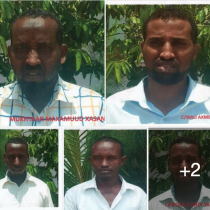
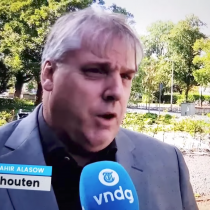
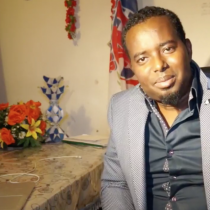

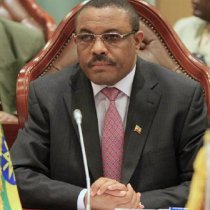
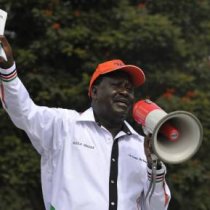

Foreign Relations Committee should demand Farmajo and Khaire account for the $18 million before Somalia receives any more assistance
Secretary of State Hillary Clinton said in a January 2010 speech that "development was once the province of humanitarians, charities, and governments looking to gain allies in global struggles. Today it is a strategic, economic, and moral impera